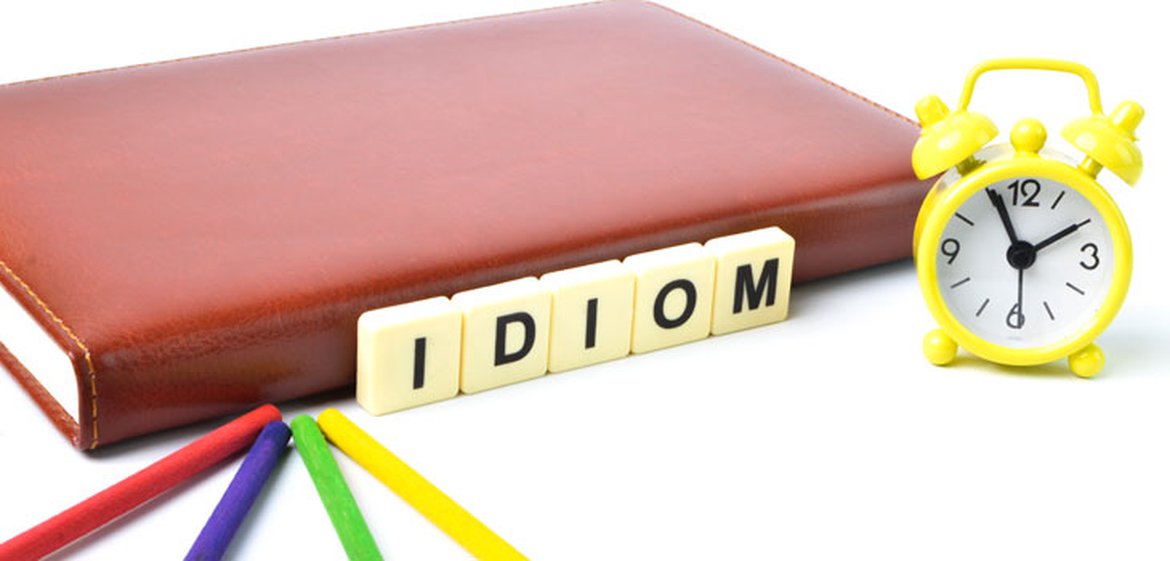Up the Ante
Sept. 30, 2024

It’s not often you can claim to have “been there” when history was made.
But that’s exactly what happened to me on Tuesday, September 17.
I’m proud to say that I was indeed “there”, in Massey Hall, when Jeremy Dutcher was awarded the 2024 Polaris Prize—for the second time (he first won in 2018). In the 19-year history of the Polaris, the juried prize that celebrates the best Canadian album of the year, no artist had ever done that.
Big events call for big fashion statements.
Two or three days before the gala, my friend Jodi emailed asking what I was planning to wear. While I was casually mulling a few options from my closet, Jodi emailed again. This time she sent the Polaris Prize invitation. Under the “Attire” section, it said:
This is a night dedicated to celebrating art. Polaris warmly encourages you to get creative, bold, and daring with your outfit. Guests attending the event have been asked to dress in their best creative cocktail.
Not only that, “creative cocktail” was linked to the Prize’s Instagram account which showed a glittering array of 2023 gala goers, decked out in truly fabulous outfits.
“Well,” I replied, “that’s sure upping the ante!”
While Jodi had certainly heard the expression “up the ante”, she humbly admitted she didn’t know where it came from.
So, over dinner before the event, Richard and I and Jodi and her partner Ken had a fulsome discussion of “up the ante”. (As you do when your life is one mad, mad round of words, words, and more words.)
Assuming you too are burning to know all about “up the ante,” here (with a little help from the World Wide Web) is what we came up with.
Ante comes from the Latin word for “before.” Before can refer to time or position, as in “antecedent”, “antedate”, “antebellum”, “antediluvian”, and “antechamber.”
As an English term, ante was originally used in poker and other gambling games to mean the stake each player must place on the table or put into the “pot” before the game begins. To receive cards, a player must pay the ante or “ante up.”
Therefore, in a gambling game, to “up the ante” means to increase your stake, thereby demonstrating how serious and solvent you are.
The website No Sweat Shakespeare claims that the phrase first appeared in print in 1862 in The Adventures of Philip, the last novel completed by William Makepeace Thackeray. In the novel, a character is described as “upping the ante” by betting more money on a horse race.
In the 20th century, “ante” moved away from its early association with poker and betting to take on a variety of meanings.
Today, the noun “ante” can mean:
- the price or cost of something: What’s the ante to belong to that swanky club?
- the amount you must pay in advance to insure your share in a syndicate or joint business venture: For an ante of $1M, you can become an investor in our start-up.
- an individual’s share of the total expenses incurred by a group: The total restaurant bill was $500 so the ante for each of you is $100.
Similarly, “up the ante” has become an idiom that can used in many different contexts. It can mean:
- raise the price of something: The hot shot young soccer player first demanded $10M to play for the team but then kept upping the ante.
- increase the financial investment required to reach a result: The network upped the ante by offering an estimated $2 million for the broadcast rights.
- increase the demands, risks or harms that could result from something: The new law ups the ante on penalties for drinking and driving.
- increase what is at stake or under discussion, especially in a conflict or dispute: In their negotiations, both sides began to up the ante, threatening to withdraw entirely if their demands were not met.
- set a higher standard or goal: To inspire her team, she decided to up the ante by challenging them to achieve their highest sales targets yet.
And in case you need a reminder, an idiom is an expression—a particular kind whose actual meaning is different from the one literally expressed by the group of words.
Is there a place for idioms in the business world?
Heather Chetwynd, my friend and fellow communicator, thinks so.
On her Voice to Word website, Heather has a 7-part series on different idioms related to food, animals, weather, travel, sports, movement, and a special category which she calls “seemingly violent.” Check it out.
I agree with Heather. Go ahead and use an idiom if the situation calls for it.
Just be aware that idioms are a bit like jargon. They can exclude those who aren’t familiar with the reference. (I’m not versed in American football so when I first heard the term, “Hail Mary pass”, I had to ask what it meant.)
As for “upping the ante”, with his historic second win, Jeremy Dutcher certainly raised the stakes for future prize winners.
As did all the bright young things attending the gala. Compared to their “creative cocktail” attire, my own outfit faded gently into the good night. I’ll definitely have to set a higher standard for next year.
Remember this: “Up the ante” is an idiom—an expression whose meaning doesn’t always translate literally. Despite its original association with betting games, “up the ante” is now used in a variety of contexts to mean different things.
Words | Etymology